- California Assembly OKs highest minimum wage in nation
- S. Korea unveils first graphic cigarette warnings
- US joins with South Korea, Japan in bid to deter North Korea
- LPGA golfer Chun In-gee finally back in action
- S. Korea won’t be top seed in final World Cup qualification round
- US men’s soccer misses 2nd straight Olympics
- US back on track in qualifying with 4-0 win over Guatemala
- High-intensity workout injuries spawn cottage industry
- CDC expands range of Zika mosquitoes into parts of Northeast
- Who knew? ‘The Walking Dead’ is helping families connect
South Korea cancels more invitations to African guests
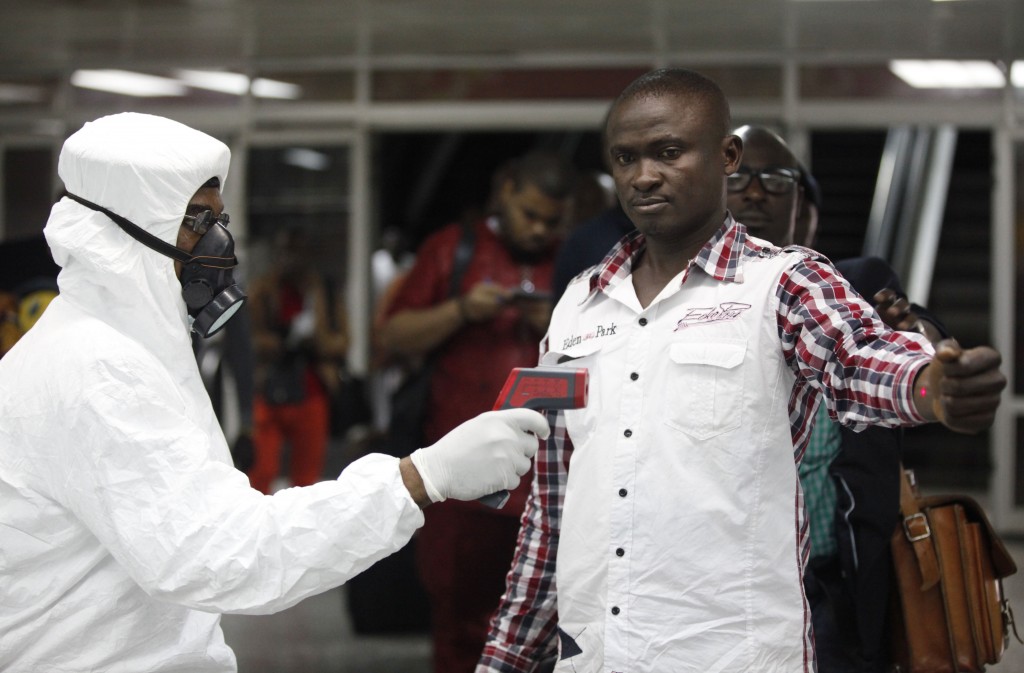
A Nigerian port health official uses a thermometer on a worker at the arrivals hall of Murtala Muhammed International Airport in Lagos, Nigeria, Wednesday, Aug. 6, 2014. A Nigerian nurse who treated a man with Ebola is now dead and five others are sick with one of the world’s most virulent diseases, authorities said Wednesday, as the death toll rose to at least 932 people in four West African countries. (AP Photo/Sunday Alamba)
By Kim Se-jeong
Organizers and hosts of international events in South Korea are withdrawing invitations for guests from African countries, citing the Ebola epidemic in the region.
Park Hyung-ju, an organizer of the International Congress of Mathematicians (ICM), said Thursday that the organizing committee decided to cancel the invitation of one Guinean mathematician.
The committee had asked 36 Nigerians to reconsider their participation.
“Because of rising concern about the Ebola virus, we have decided to cancel his participation,” Park told the local media. The name of the Guinean mathematician was not revealed.
A gathering of the world’s leading mathematicians, the ICM is scheduled to convene between Aug. 13 and 21 in Seoul with more than 5,000 mathematicians from 130. The Fields Medal, equivalent to a Nobel Prize in mathematics, will be given.
As of Thursday, the deadly virus has killed more than 900 people in Guinea, Liberia, Nigeria and Sierra Leone.
Duksung Women’s University cancelled its invitation to a couple of African conference participants last week.
The school, in response to a mounting pressure from students calling for the cancellation of the event, asked the Nigerian participants not to come.
“When that happens, it is a major embarrassment for Korea,” Kim Sang-hun, a human rights activist, told The Korea Times.
Although it is a lethal disease with an up to 90-percent fatality rate, the virus is far from highly contagious. To contract the virus, it is necessary to have direct contact with blood, organs or body fluids of infected people or animals.







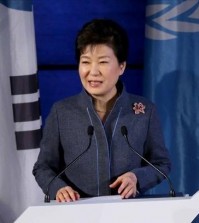
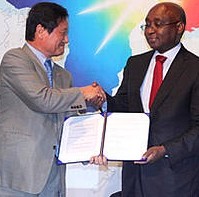
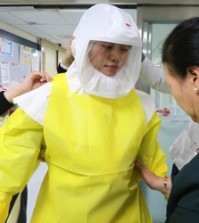
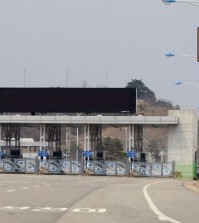

![일본 사도광산 [서경덕 교수 제공. 재판매 및 DB 금지]](http://www.koreatimesus.com/wp-content/uploads/2024/07/PYH2024072610800050400_P4-copy-120x134.jpg)


